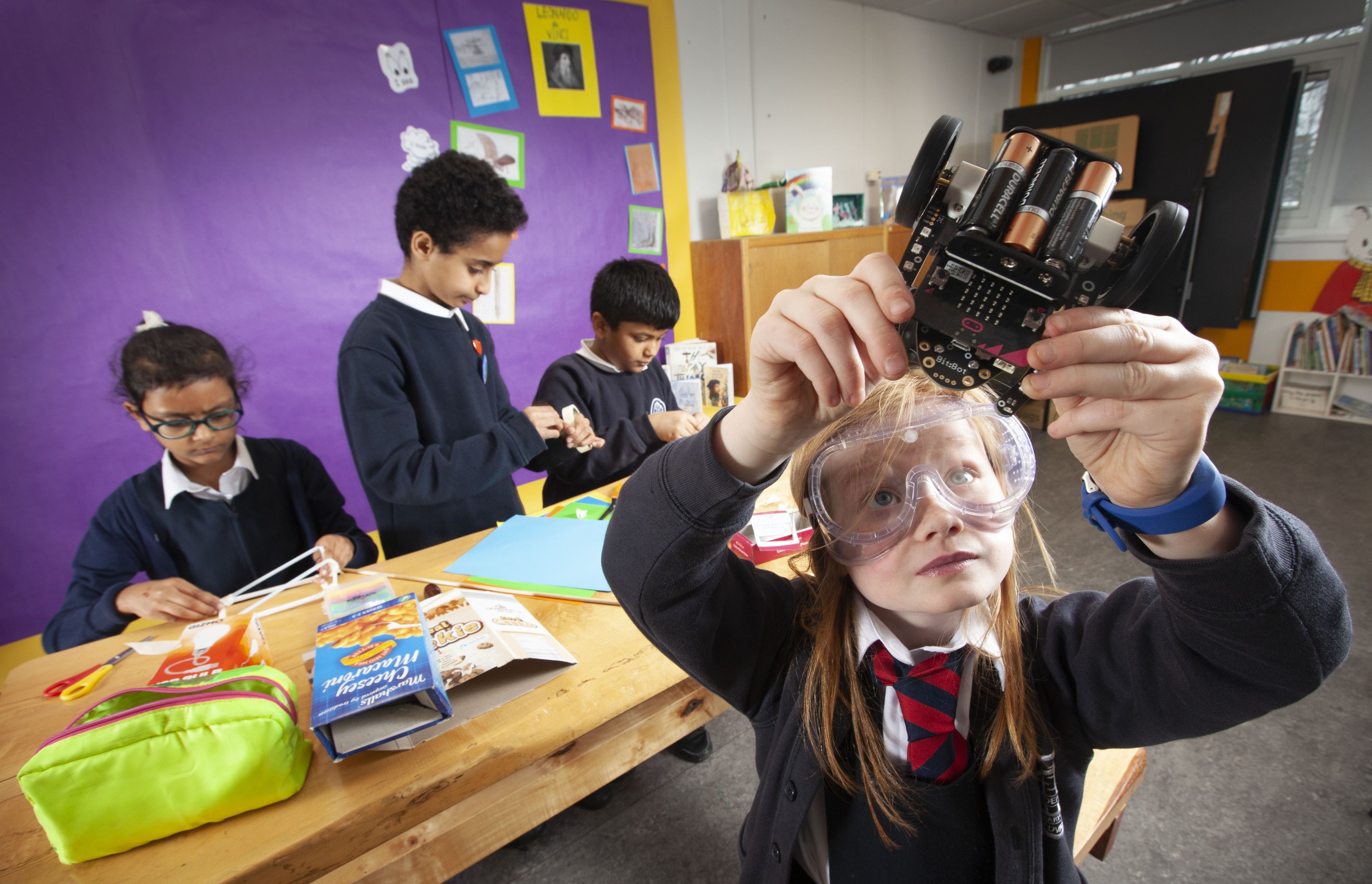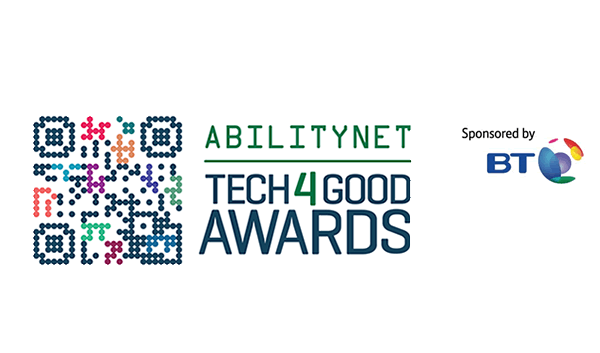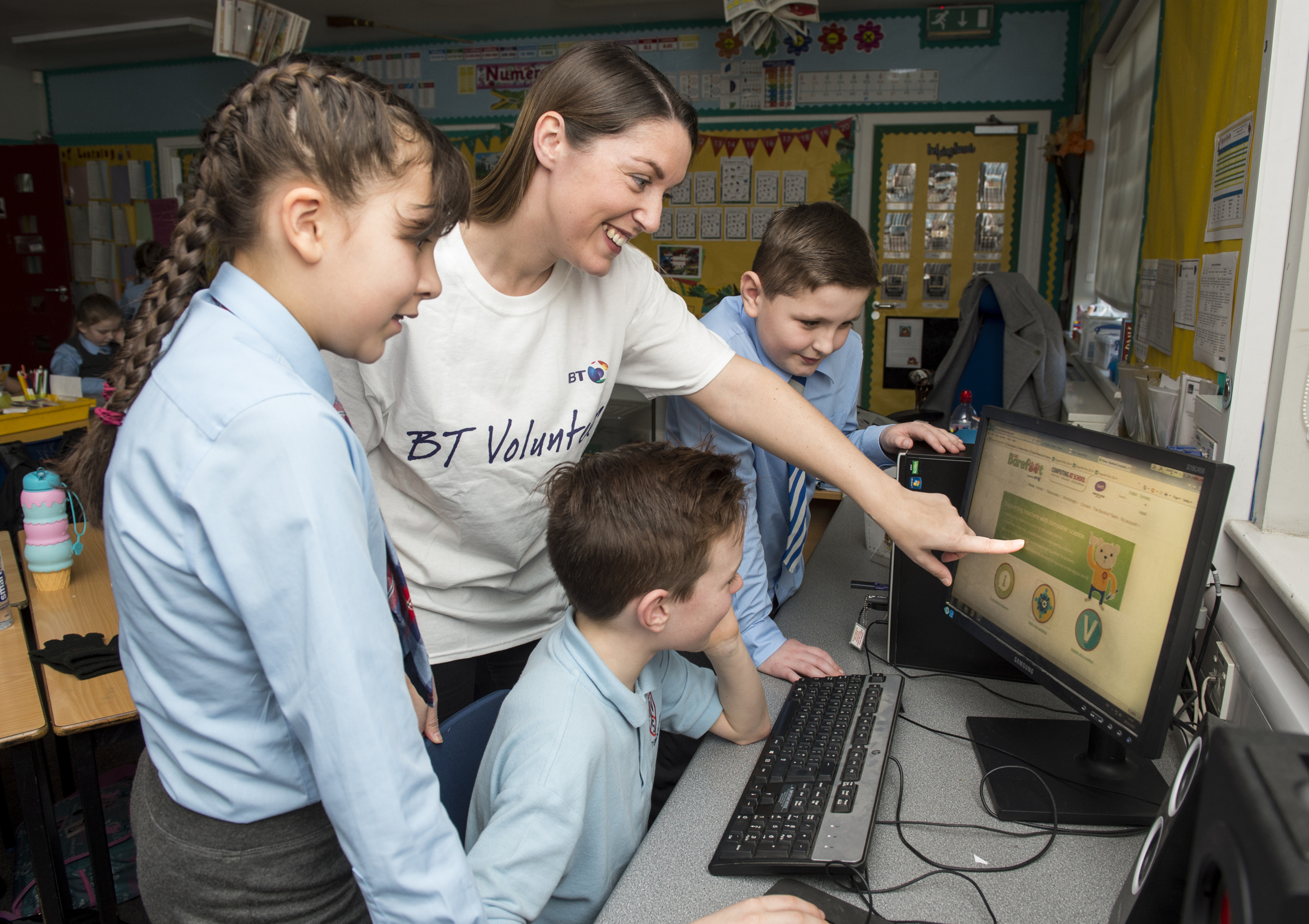CGI partners with Digital Xtra Fund to support the development of digital skills in young people across Scotland
 CGI is committed to the development of digital skills in young people, enabling them to build successful careers and support an increasing demand in the Scottish economy.
CGI is committed to the development of digital skills in young people, enabling them to build successful careers and support an increasing demand in the Scottish economy.
In addition to already supporting STEM camps across the UK and encouraging more girls into tech through their Daughter to Work days, CGI will now be helping inspire the next-generation of IT professionals in Scotland by partnering with Digital Xtra Fund for the 2020 grant awards.
Created in 2016, Digital Xtra Fund aims to give every young person in Scotland access to innovative and digitally creative activities regardless of their gender, background, or where they live. Through an annual grants programme, the Fund supports the delivery of extracurricular computing and digital tech activities which boost interest in computing and technology among young people aged 16 years and under. The programme is supported by like-minded companies and organisations like CGI and will see 25 initiatives across Scotland supported in 2020.
The aims of Digital Xtra Fund are to:
- Enable high-quality, exciting digital skills activities for young people across Scotland via the grant awards programme
- Inspire the next generation to understand and create with technology, not just consume it, through supported extracurricular activities
- Engage Industry Partners in supported activities, giving industry experts and young people the opportunity to connect in informal and creative settings
 CGI and Digital Xtra Fund have a common will to help young people succeed in a digital world whilst promoting diversity and inclusion. In particular, both the Fund and CGI seek to promote digital technologies as an attractive career path while also improving participation of girls and other underrepresented groups in digital tech and supporting activities in areas of high deprivation and rural isolation.
CGI and Digital Xtra Fund have a common will to help young people succeed in a digital world whilst promoting diversity and inclusion. In particular, both the Fund and CGI seek to promote digital technologies as an attractive career path while also improving participation of girls and other underrepresented groups in digital tech and supporting activities in areas of high deprivation and rural isolation.
CGI is looking forward to supporting Digital Xtra Fund as part of their CSR strategy and helping provide exciting digital skills activities for young people across Scotland, via their team of dedicated and passionate IT professionals.
About CGI:
Founded in 1976, CGI is among the largest independent IT and business consulting services firms in the world. With approximately 77,500 consultants and professionals across the globe, CGI delivers an end-to-end portfolio of capabilities, from strategic IT and business consulting to systems integration, managed IT and business process services and intellectual property solutions. CGI works with clients through a local relationship model complemented by a global delivery network that helps clients digitally transform their organizations and accelerate results. With Fiscal 2019 reported revenue of C$12.1 billion, CGI shares are listed on the TSX (GIB.A) and the NYSE (GIB). Learn more at cgi.com.


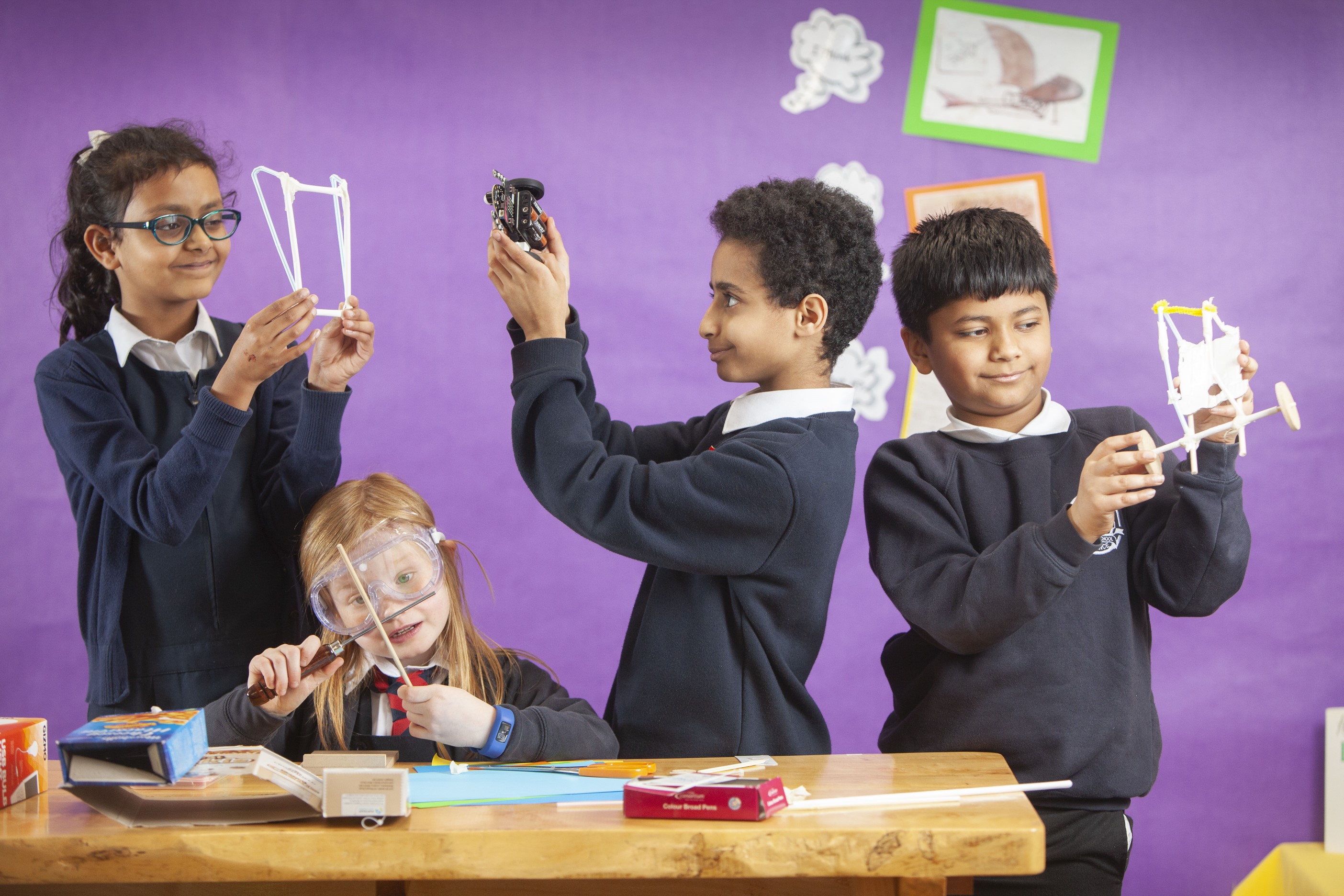
 “There is currently a huge IT skills gap in Scotland, and the only long-term solution is to encourage more youngsters to become interested in computer science and STEM subjects in school so they will consider a career in technology when they leave,” explains Robbie Robinson, global co-lead of
“There is currently a huge IT skills gap in Scotland, and the only long-term solution is to encourage more youngsters to become interested in computer science and STEM subjects in school so they will consider a career in technology when they leave,” explains Robbie Robinson, global co-lead of  Kraig Brown, Partnerships and Development Manager at Digital Xtra Fund, comments: “J.P. Morgan’s support is vital in enabling us to make a real impact on the lives of young people around Scotland. Our partners not only provide financial support but their staff can also volunteer to speak with young people about careers in tech, putting a personal face to the variety of roles these skills can lead to.
Kraig Brown, Partnerships and Development Manager at Digital Xtra Fund, comments: “J.P. Morgan’s support is vital in enabling us to make a real impact on the lives of young people around Scotland. Our partners not only provide financial support but their staff can also volunteer to speak with young people about careers in tech, putting a personal face to the variety of roles these skills can lead to.
 She explains: “Developing children’s resilience and self-confidence is a key aim. Learning programming and building robots requires skills like investigating, debugging and perseverance. There is a lot of trial and error when it comes to programming; children need to know failure is part of the design process. Overcoming difficulties while creating robots develops resilience and, once they are successful, is also very rewarding.
She explains: “Developing children’s resilience and self-confidence is a key aim. Learning programming and building robots requires skills like investigating, debugging and perseverance. There is a lot of trial and error when it comes to programming; children need to know failure is part of the design process. Overcoming difficulties while creating robots develops resilience and, once they are successful, is also very rewarding. “What is especially fantastic about Resilient Robotics is the success it has achieved in terms of sustainability. The original grant from Digital Xtra Fund supported the pilot programme at Port Ellen Primary School, however, it was quickly realised there was an excellent opportunity to expand this initiative across the island, including at the High School, as well as on Mull and Jura. The fact that some of the resources are also being translated into Gaelic will only add to the project’s legacy. It’s a fantastic programme which will make a real difference in the lives of young people from the islands.
“What is especially fantastic about Resilient Robotics is the success it has achieved in terms of sustainability. The original grant from Digital Xtra Fund supported the pilot programme at Port Ellen Primary School, however, it was quickly realised there was an excellent opportunity to expand this initiative across the island, including at the High School, as well as on Mull and Jura. The fact that some of the resources are also being translated into Gaelic will only add to the project’s legacy. It’s a fantastic programme which will make a real difference in the lives of young people from the islands.
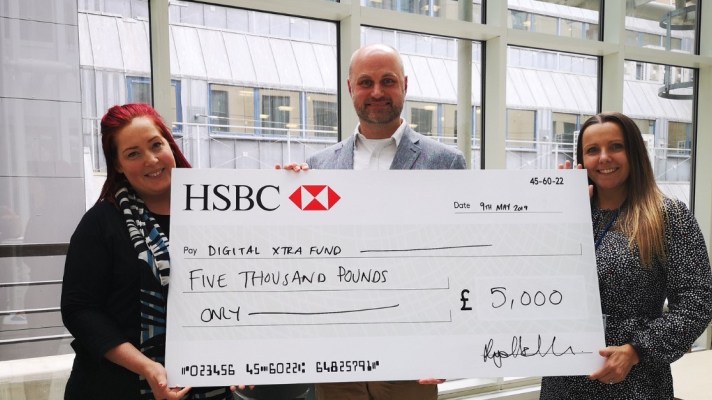
 He explains: “It is essential we inspire more girls to get into tech from primary school, leading to increased uptake in secondary and therefore more women completing Higher and Further Education with a variety of technology related qualifications. Only by focussing on the talent pipeline from the beginning can we make a tangible difference in the end. However, despite considerable effort, we simply do not have enough computing science teachers to reach the level of engagement required to achieve this, and these numbers are getting worse. In 2008 there were 766 computing teachers in Scottish secondary schools, while in 2017 there were only 582 – a 24% reduction.
He explains: “It is essential we inspire more girls to get into tech from primary school, leading to increased uptake in secondary and therefore more women completing Higher and Further Education with a variety of technology related qualifications. Only by focussing on the talent pipeline from the beginning can we make a tangible difference in the end. However, despite considerable effort, we simply do not have enough computing science teachers to reach the level of engagement required to achieve this, and these numbers are getting worse. In 2008 there were 766 computing teachers in Scottish secondary schools, while in 2017 there were only 582 – a 24% reduction. Brown adds: “In addition to engaging girls at a young age, it is also important we improve the links between education and industry to ensure these young women, their parents, and teachers have the opportunity to understand the range of rewarding job opportunities in the tech sector. These links also give girls and young women the opportunity to see and speak with women currently in these roles to act as examples and mentors. This is where organisations like
Brown adds: “In addition to engaging girls at a young age, it is also important we improve the links between education and industry to ensure these young women, their parents, and teachers have the opportunity to understand the range of rewarding job opportunities in the tech sector. These links also give girls and young women the opportunity to see and speak with women currently in these roles to act as examples and mentors. This is where organisations like 

